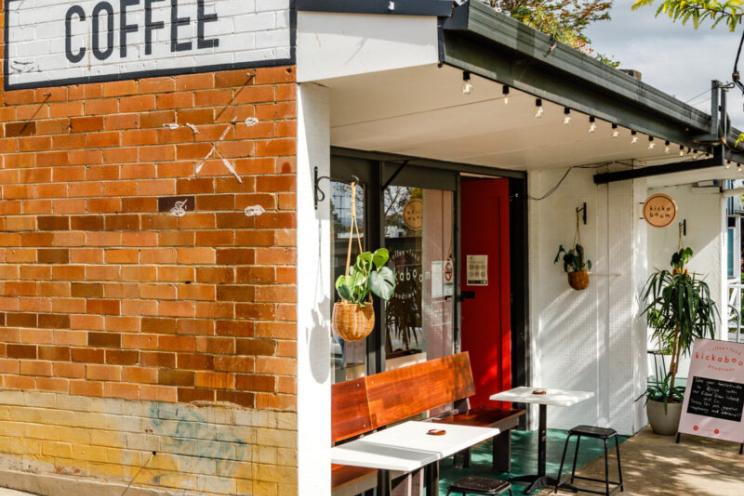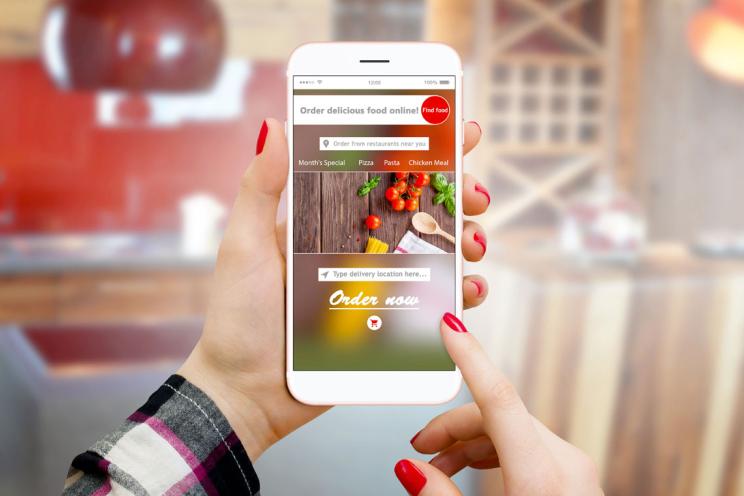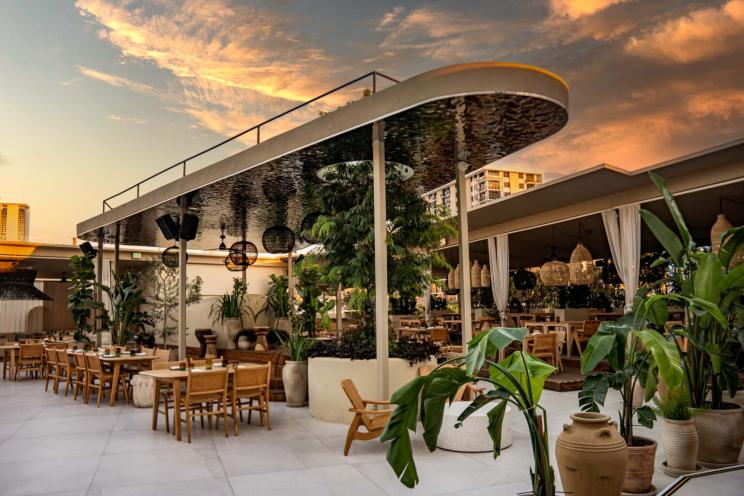
Follow these habits to drive your customers away!
While restaurants try their best to attract new customers, they should also focus on retaining those customers for many reasons.
A positive dining experience is not limited to exquisite food but it affects every aspect of the service offered at restaurants from the moment customers call you to reserve a place or even reserve their tables online to the moment they leave your restaurant.
With smart planning, you can turn a one-time visitor into a loyal customer by providing excellent customer service which is crucial for success.
Unfortunately, certain practices can lead to customer dissatisfaction and deter them from returning.
What are the practices that affect your customer retention?
Lack of Customization
Every restaurant has unique needs and preferences, and a one-size-fits-all approach rarely works. If a POS system lacks customization options to adapt to various restaurant types and sizes, and at the same time if your system lacks the CRM features that allow service customization, it will affect your customers who want a tailored service to their specific requirements and needs.
Offer a flexible and customizable solution to ensure that your restaurant can optimize its workflows without compromising efficiency while providing your customers with a customized service with a competitive edge.
Hidden Fees, Overcharging, or Inconsistent Pricing
Nothing sours a relationship faster than unexpected fees or unclear pricing structures.
Hidden fees can erode trust and lead to dissatisfaction, making it less likely for a customer to choose again.
It’s important to realize that transparency in pricing is crucial for customer satisfaction. Overcharging, hidden fees, or inconsistent pricing will leave customers feeling deceived. On the other hand, communicated prices on the menu and correct billing are essential to maintain a positive relationship with patrons.
Therefore, your menu should clearly outline any additional costs or taxes even for the add-ons.
Slow Transaction Processing
In a fast-paced restaurant environment, efficiency is key. Slow transaction processing times can disrupt the flow of service, leading to long wait times for customers: the quickest customer satisfaction turnoff.
If your POS software causes delays in order processing or payment transactions, it can significantly impact customer satisfaction causing them to avoid your restaurant.
Optimize the software's performance to ensure swift and reliable transaction processing. Regularly update the software to address any bugs or glitches that may contribute to delays, and provide timely customer support to address any issues that arise during service.
Poor Service
The cornerstone of any successful restaurant is excellent customer service. Rude or inattentive staff can quickly sour the dining experience. Customers appreciate a warm welcome, prompt service, and a friendly attitude. Ignoring customers, providing incorrect orders, or failing to address complaints promptly can drive your customers away.
Make sure to listen to your customers, whether in your restaurant or online, and try to accommodate their needs. POS software always ensures the right order processing so totally avoid manual orders.
Dirty or Unsanitary Conditions
A clean restaurant reflects that you highly value your customers. Cleanliness is non-negotiable in the restaurant sector. A dirty environment, unclean utensils, or even a poorly maintained restroom can be major turn-offs for customers.
A lack of hygiene not only affects the perception of the establishment but can also pose health risks, making customers hesitant to return. Regular hygiene checks on the bathroom, the floors and tables, and the kitchen should be made.
Inconsistent Food Quality
One of the main reasons people visit restaurants is for a satisfying meal. Consistency in food quality is key to building trust and retaining customers. If a customer has a great experience one day and a disappointing one the next, they are less likely to come back.
Chefs and kitchen staff must adhere to standardized recipes and maintain quality control. A recipe management feature integrated into the POS software is important to maintain food quality over time.
Slow Service
A Harvard study finds that if you increase repeat visits by 5%, you have the chance to increase profits by at least 25%. Time is of the essence, and customers don't want to spend excessive time waiting for their orders. Slow service can be a major deterrent, and it's not just about the speed of preparing the food. Slow responses to requests for menus, refills, or checks can also contribute to a frustrating experience.
Automating your services does wonders in enhancing the speed of service, especially for QSRs that receive higher customer counts. Self-ordering kiosks enhance your service, increase your revenues, and free up your employees’ time to perform other essential duties.
Misleading Menu Descriptions
Customers appreciate honesty when it comes to menu descriptions. If a dish is described in a way that doesn't match reality, it can lead to disappointment. Whether it's the portion size, ingredients, or cooking method, accuracy in menu descriptions builds trust with customers.
Lack of Flexibility
A rigid approach to customer requests can be off-putting. Whether it's dietary restrictions, substitutions, or special requests, restaurants that lack flexibility may find customers seeking more accommodating establishments.
Inadequate POS Training and Support
One of the primary grievances restaurants have with POS software providers is insufficient training and support. When restaurant staff is not adequately trained on using the POS system or encounters issues without proper assistance, it disrupts service and impacts the overall customer experience.
You should choose a POS software company that prioritizes comprehensive training programs and provides responsive customer support to address any issues promptly.
Ensure that your restaurant staff can easily access assistance when needed, minimizing downtime and potential errors during busy service hours.
For restaurants striving for success, it's essential to be mindful of the habits that can drive customers away. Focus on excellent service, cleanliness, consistency, and transparency to create an environment that not only attracts but also retains a loyal customer base.
Remember, a satisfied customer is likelier to become a repeat customer, and positive word-of-mouth can be a powerful marketing tool.





